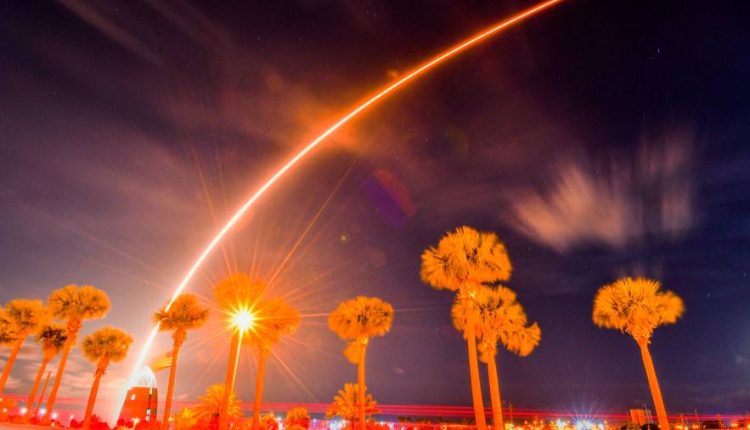Receive free Space industry updates
We’ll send you a myFT Daily Digest email rounding up the latest Space industry news every morning.
One of the world’s largest law firms is launching a dedicated space law practice, as the clamour to counsel the booming exploration industry intensifies.
DLA Piper will join the likes of Mayer Brown and Hogan Lovells in establishing a global team to advise the sector on regulatory and intellectual property issues, as well as dispute resolution. It will be led by Christian Ford, a former US Department of Defense lawyer, now based in Houston.
The move comes just weeks after Silicon Valley firm Wilson Sonsini hired the former chief executive of Spaceflight, Curt Blake, to establish a space industry practice group and capitalise on a sector that analysts claim was worth $546bn in 2022, largely due to a surge in private investment.
“Years ago it would take the financial capabilities [on] the scale of a sovereign to be able to really enter space,” said Frank Ryan, global co-chair of DLA Piper, the third-largest US firm by revenues. “That’s not the case anymore.”
Spurred by a sharp fall in launch costs, several space start-ups have gone public in recent years via special purpose acquisition companies, prompting analysts at Citi to predict the industry could generate $1tn in annual revenue by 2040.
However, some space stocks have lost value as competition has intensified and raising more funds became steadily more difficult.
Private investment in the sector totalled $8.2bn in the first six months of 2023, more than 40 per cent lower than during the same period last year, according to Space Capital, an early stage venture capital provider.
Companies such as SpaceX, Virgin Galactic and Blue Origin have also had to contend with an uncertain legal landscape, which has not evolved as quickly as the industry. Most international space law was written in the 1960s and 1970s, and largely directed at states, rather than companies.
“The regulatory landscape is really nascent and is still forming,” said Ford. “It’s going to be a while before . . . [there is a] definite or concrete legal framework.”
Among the unresolved issues are the liabilities and responsibilities associated with space debris, made up of tens of thousands of pieces of detritus from satellites and other space missions, and the regulations that would govern potential resource extraction from other planets, such as water and minerals.
“You’ve got over a hundred projects that are going to the moon and there’s no regime about the rules of the road,” said Timiebi Aganaba, a space law expert and assistant professor of space and society at Arizona State University.
“What if people want to go to the same site? What if somebody finds all the water ice? There’s nothing [to regulate] that,” she added. However, such issues are “not something we have to worry about in the next five years”. Rather, matters such as collision avoidance will probably take centre stage as China, India and the United Arab Emirates, among others, try to draft competing laws for space.
Read the full article here

